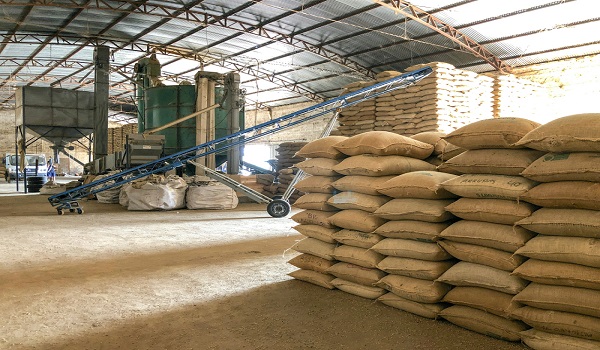In a significant move towards promoting self-reliance, the Indian government has approved a mandate for the packaging of 100% of food grains and 20% of sugar in diverse jute bags for the upcoming Jute Year 2023-24. This initiative, aligned with the Aatmanirbhar Bharat vision, seeks to safeguard domestic production interests in raw jute and jute packaging, fostering greater self-sufficiency.
The proposed reservation norms not only reinforce the protection of raw jute production but also address environmental concerns. The jute industry, a vital contributor to India’s national economy, especially in the Eastern Region, including states like West Bengal, Bihar, Odisha, Assam, Tripura, Meghalaya, Andhra Pradesh, and Telangana, is poised to benefit significantly.
Supported by the Jute Packaging Materials (JPM) Act, this initiative is expected to provide relief to 4 lakh workers in jute mills and ancillary units, benefiting approximately 40 lakh farm families. Importantly, it aims to contribute to environmental sustainability, given that jute is a natural, bio-degradable, renewable, and reusable fiber.
Under the JPM Act of 1987, which safeguards the interests of jute farmers, workers, and those engaged in jute goods’ production, reservation norms ensure direct employment for a substantial workforce. About 75% of the Jute Industry’s total production comprises Jute Sacking Bags, with 85% supplied to the Food Corporation of India (FCI) and State Procurement Agencies (SPAs), and the rest exported or sold directly.
The government’s annual purchase of jute sacking bags, amounting to approximately Rs. 12,000 crores, guarantees a market for jute farmers and workers. With an average production of about 30 lakhs bales (9 lakh MT) of Jute Sacking Bags, the government is committed to ensuring the complete off-take of this production to safeguard the interests of all stakeholders involved in the jute industry. This strategic move not only supports farmers and workers but also aligns with India’s broader goal of achieving self-reliance.


